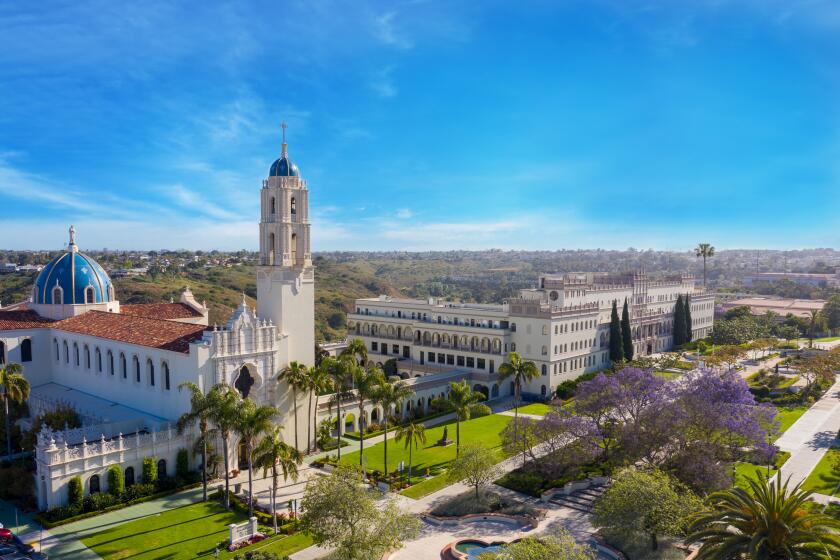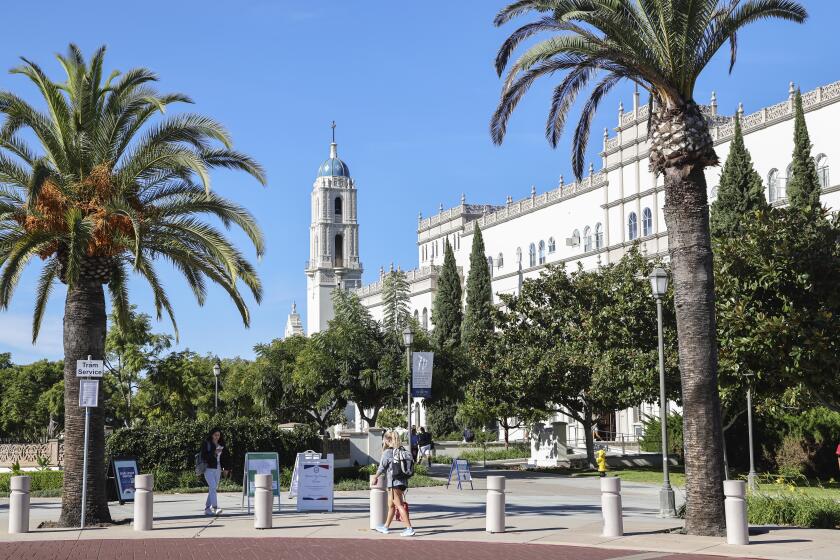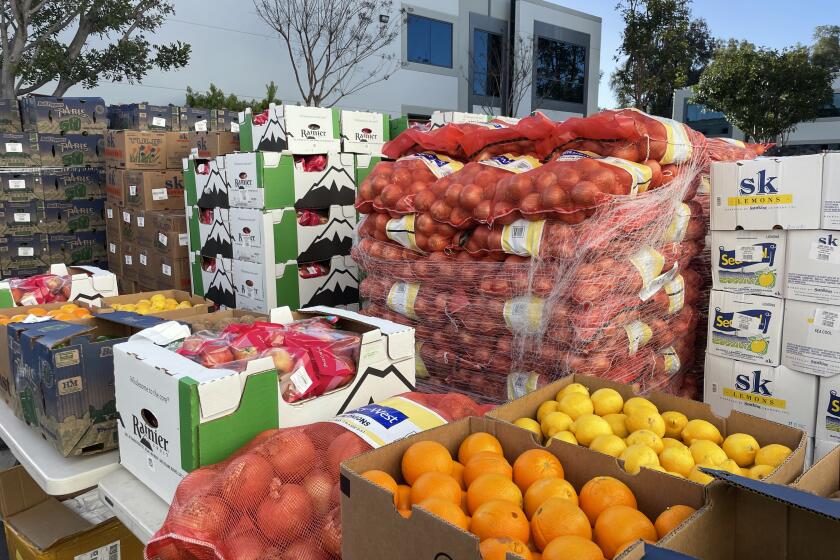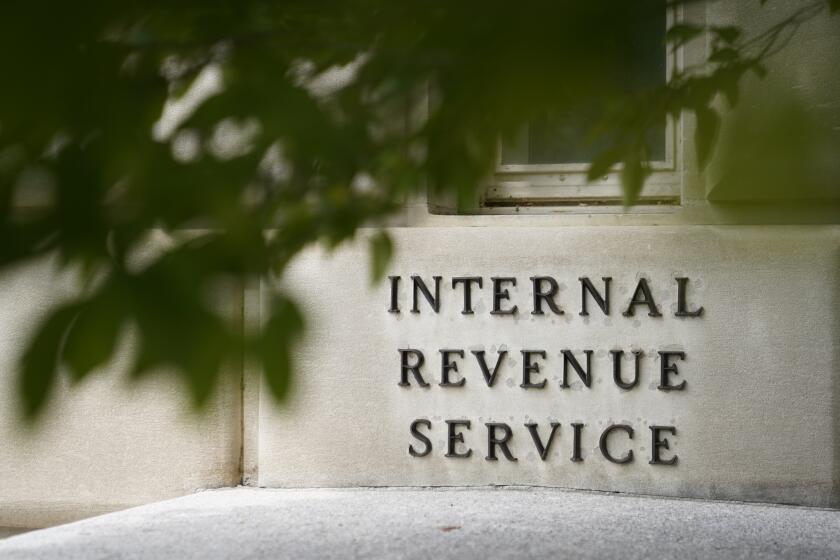Opinion: My late father, Willie L. Morrow, was a Black hair care inventor and entrepreneur
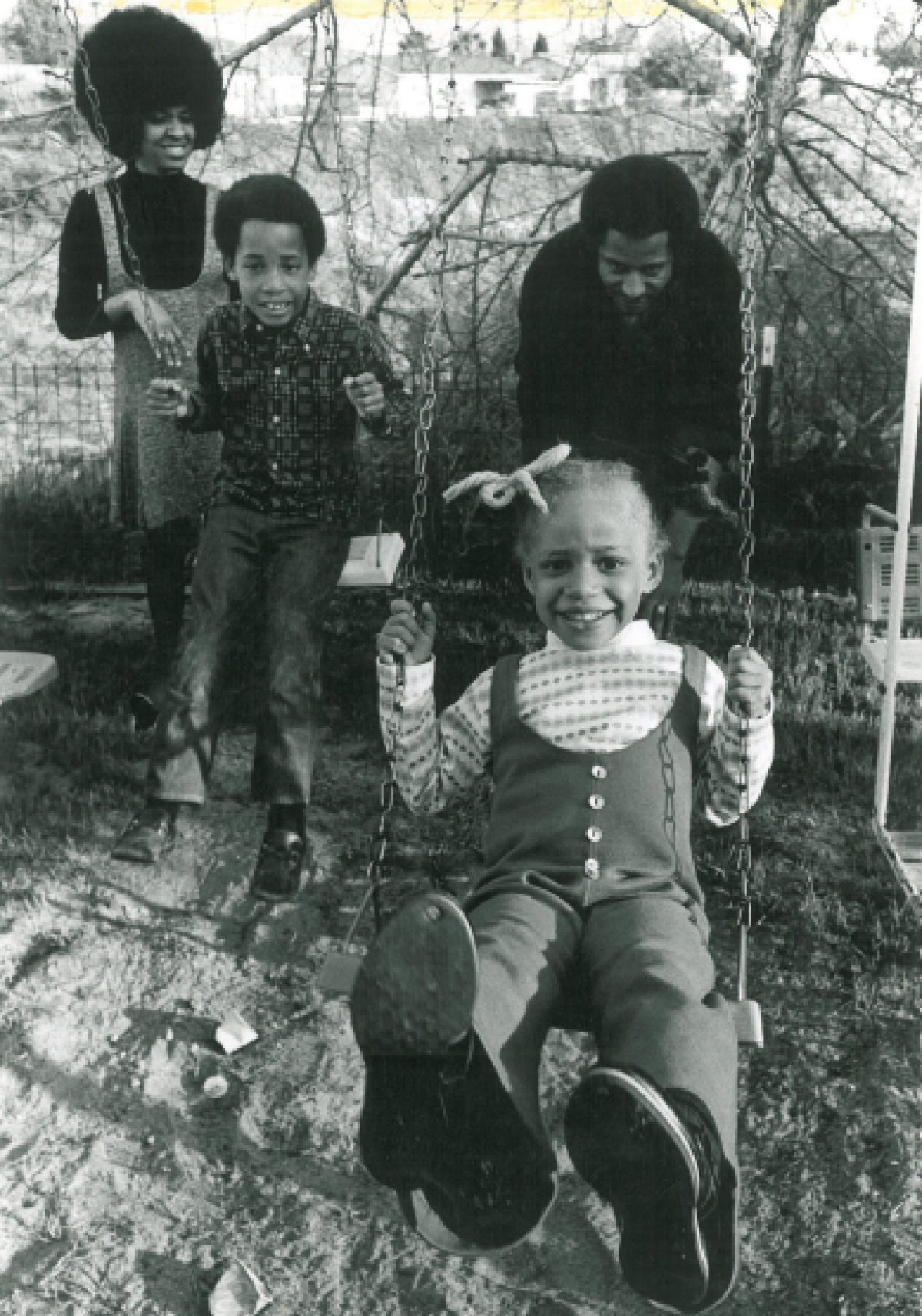
My father always believed that a community must create an economy where African Americans can work and live in the same ZIP code.
Morrow is CEO of California Curl Beauty and editor of San Diego Monitor News. She lives in Encanto.
In 1959, a Greyhound bus pulled into the bus station in Downtown San Diego. One of its passengers was the legend himself, Willie L. Morrow. At the time, he was 18 years old and had come from Alabama. In one hand was a paper bag filled with fried chicken and pound cake, in the other was a suitcase with one suit and a shirt.
Later, I spoke to my father many times about how he ended up here. I remember he told me, “I was excited to try my ideas and vision in a city I had read was the Harlem of the West.”
San Diego was perfect. My dad set up his room in his Aunt Geneva and Uncle Spurgeon’s home in Golden Hills, and he never looked back. My father passed on June 22 at the age of 82, still a San Diego resident.
For many Black people from the South, San Diego became home because of military service and jobs, and my father saw an opportunity to flourish by supplying the beauty needs of African American military personnel as well as civilians. He turned a Black hair care company into a tech-design industrial giant.
And he never stopped being an inventor, from the Afro hairstyle to the Afro pick comb to the cold wave curl, from the first utility patented Eze-Teze hair styling comb to the first blow dryer attachment comb, and many more.
My father was also a media man. His most proud achievement was from 1977 to 1990 with his ownership and management of XHRM, San Diego Monitor News and California Curl. Those businesses became one of the largest employers of African American San Diegans by one African American man in the history of San Diego.
My father always believed that a community must create an economy where African Americans can work and live in the same ZIP code. He single-handedly hired over 200 people as they came to work every day, in one building located at 4165 Market St.
I worked for him, too, which is what brought me back to San Diego from New York in 2911 after I had left to explore the world while I was in my 20s in 1992. He was the best boss ever!
“We are the boot,” my dad would say. “We didn’t need straps, just as long as they fit, I’m walking.” My father is a prime example of what made San Diego America’s Finest City.
My dad took advantage of the fact that San Diego had been dubbed the Mississippi of the West. For my father, it was about economics. That’s how he dealt with racism. My dad said racism in San Diego afforded him to be the best barber in the city, the state, the country, then the world. Racism afforded him the opportunity to zero in on what his people needed. He did not fight with a fist, he created things; it was his way of dealing with racism through economics.
That he did! In my father’s words: “My job was to be so good, and so awesome, I would become racism proof.”
At the age of 28, he became Delta Air Lines’ youngest Flying Colonel with a million sky miles, which he earned while teaching the arts and sciences of Afro hair throughout the U.S. Department of Defense military bases on every continent.
Back at home, I always knew why police officers, city officials, politicians and military brass treated our family so well. They respected Mr. Morrow. It had to do with the dignity with which he did business and how he treated people. It was inherited by my brother, sister and me. I believe that to be my most prized heirloom.
Afro culture made San Diego, for us, the land of promise, because in our community no one thinks about the energy and capacity to thrive in the community and how that is akin to a city’s ecosystem.
My father was in love with his city, and his community and San Diegans loved him back. The San Diego sunshine gave him the opportunity to grow the best collards, mustards and, of course, grapes at his famous “Willie Wine.”
It’s an incredible thought to know all you got to do is Google my dad’s name to see so many impressions of the man and the legend he became. To live a life that’s worth studying and be part of the largest algorithm in the world is just a crazy thought.
Thank you, San Diego, for giving an Alabama boy the reality of dreams fulfilled. Willie L. Morrow, a man whose life needed neither introduction nor exit. The great San Diego craftsman left pieces of himself with his beloved community, memories in the repositories of people’s hearts.
A tribute is planned for July 15 at The Bayview Church of San Diego starting at 11 a.m. Visit sdmonitornews.com for details.
Get Weekend Opinion on Sundays and Reader Opinion on Mondays
Editorials, commentary and more delivered Sunday morning, and Reader Reaction on Mondays.
You may occasionally receive promotional content from the San Diego Union-Tribune.
